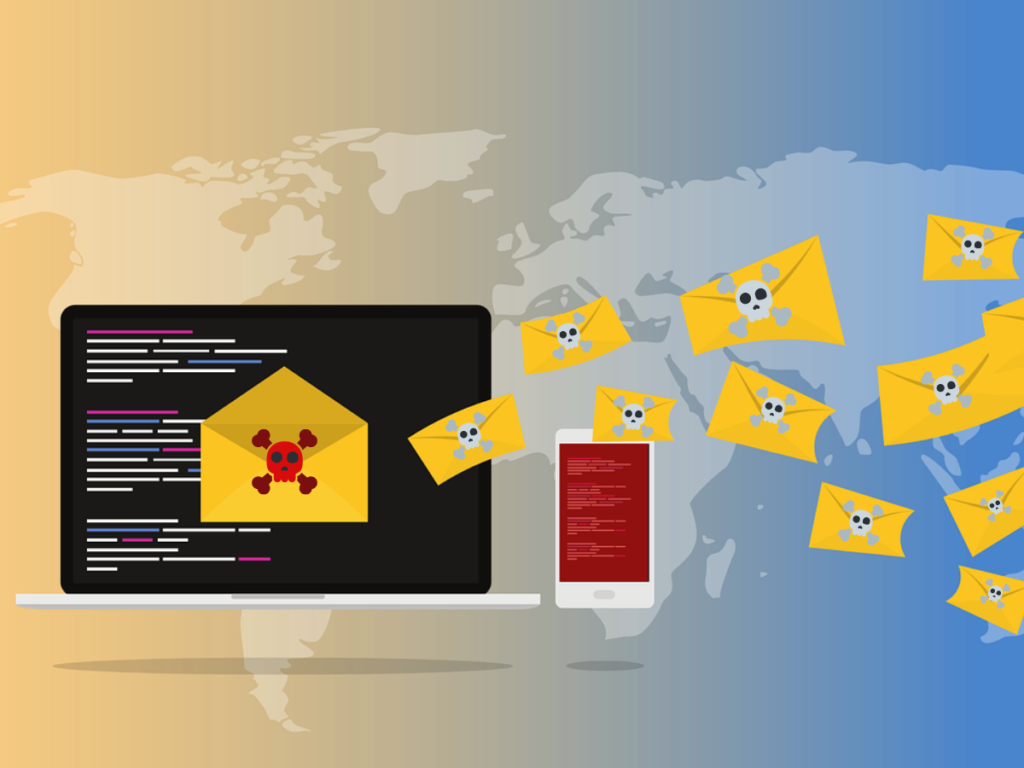Solarwinds Hackers Strike Again
Another painful round of cyber-attacks carried out by what Microsoft discovered to be a Russian state-sponsored hacking group called Nobelium, this time attacking Microsoft support agent’s computer, exposing customer’s subscription information.
The activity tracked by Microsoft led to Nobelium, the same group that executed the solarwinds orion hack last year December 2020. The attack was first discovered when an “information-stealing malware” on one of Microsoft’s customer support agent’s machine was detected by Microsoft themselves. Infiltration occurred using password spraying and brute force attacks, attempting to gain access to the Microsoft accounts.
Microsoft said Nobelium had targeted over 150 organizations worldwide in the last week, including government agencies, think tanks, consultants, and nongovernmental organizations, reaching over 3000 email accounts mostly in the USA but also present in at least 24 other countries. This event is said to be an “active incident”, meaning this attack is very much Live and more has yet to be discovered. Microsoft is attempting to notify all who are affected.
The attack carried out was done through an email marketing account belonging to the U.S Agency for International Development. Recipients of the email received a phishing email that looked authentic but contained a malicious file inserted into a link. Once the file was downloaded, the machine is compromised and a back door is created, enabling the bad actor to steal data along with infecting other machines on the network.
In April this year, the Biden administration pointed the finger at the Russian Foreign Intelligence Service (SVR) for being responsible for the solarwinds attack, exposing the Nobelium group. It appears that this exposure led the group to drop their stealth approach they have been using for months and on May 25 they ran a “spear phishing” campaign, causing a zero-day vulnerability.

Staying in Control of your Network
IdeaData’s Marketing Manager, Tomare Curran, stated on the matter, “These kinds of threats can hide and go unnoticed for years until the botnet master decides to activate the malware. Therefore, it’s imperative to maintain flow metadata records of every transaction so that when a threat finally comes to light you can set Netflow Auditor’s HindSight Threat Analyzer to search back and help you find out if or when you were compromised and what else could have been impacted.”
NetFlow Auditor constantly keeps its eyes on your Network and provides total visibility to quickly identify and alert on who is doing What, Where, When, with Whom and for How Long right now or months ago. It baselines your network to discover unusual network behaviors and using machine learning and A.I. diagnostics will provide early warning on anomalous communications.
Cyber security experts at IdeaData do not believe the group will stop their operations due to being exposed. IdeaData is offering Netflow Auditor’s Integrated Cyber Threat Intelligence solution free for 60 days to allow companies to help cleanse their network from newly identified threats.
Have any questions?
Contact us at: [email protected]


Write a comment ...